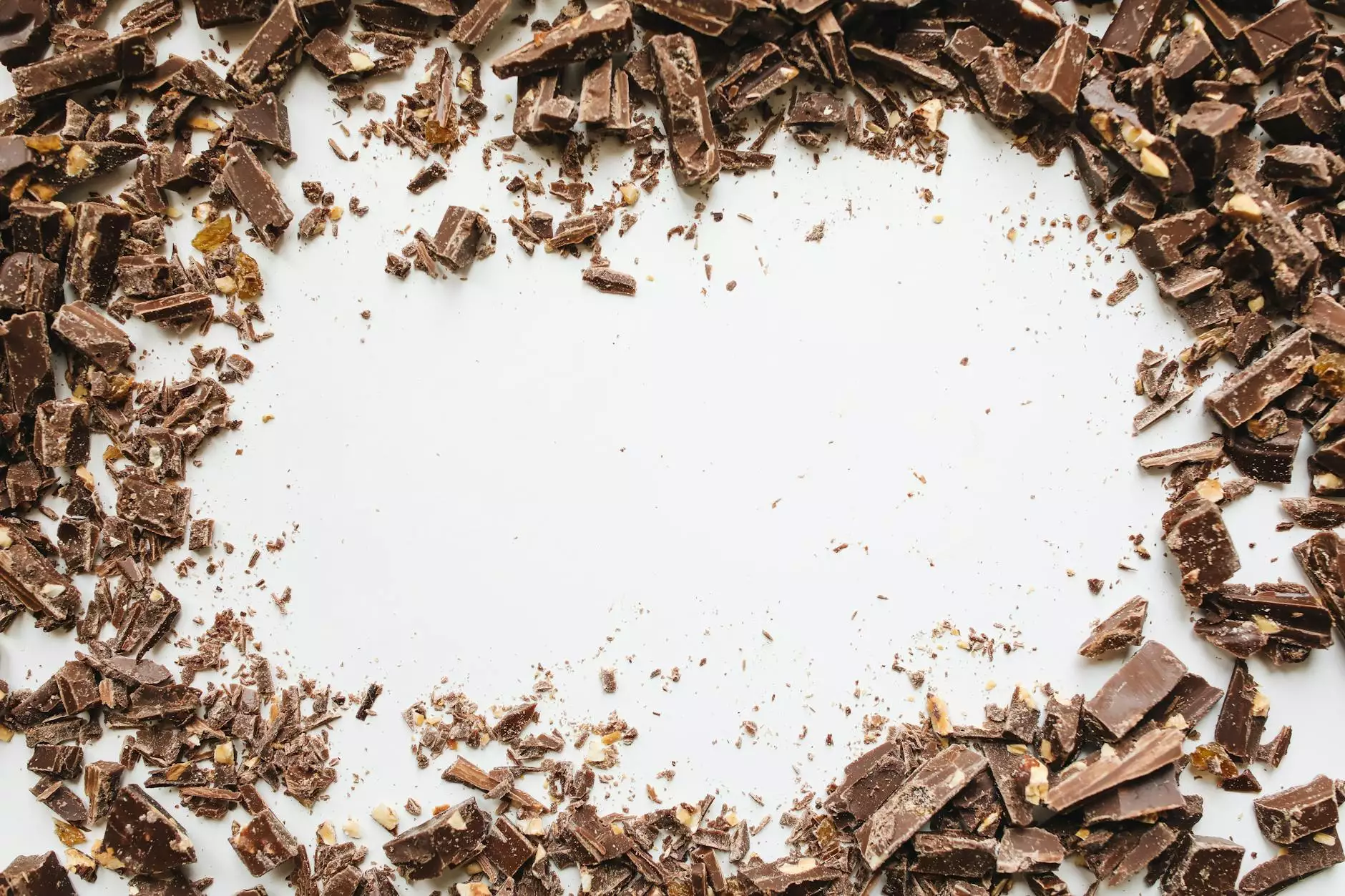Unveiling the Excellence of Brazilian Sugar Suppliers in Brazil

In the global landscape of sweeteners, Brazilian sugar suppliers in Brazil stand out as the gold standard for quality, reliability, and sustainability. As one of the world's largest producers of sugar, Brazil's sugar industry plays a vital role in meeting domestic and international demand. This comprehensive analysis explores the multifaceted world of Brazilian sugar suppliers, emphasizing how they have established themselves as leaders through innovation, quality assurance, and eco-friendly practices.
The Role of Brazil in the Global Sugar Market
Brazil accounts for approximately 20% of the world's sugar production, making it the dominant force in the international sugar industry. The country's vast arable land, favorable climate, and advanced agricultural technology enable a highly efficient and sustainable production system. The Brazilian sugar suppliers in Brazil benefit from strong infrastructure, innovation in cultivation and processing, and an expansive export network, ensuring their products reach markets across the Americas, Europe, Asia, and beyond.
Why Choose Brazilian Sugar Suppliers in Brazil?
Choosing Brazilian sugar suppliers offers numerous advantages, underpinned by:
- Unmatched Quality: Brazilian sugar is renowned for its purity, consistency, and superior refining standards.
- Cost-Effective Production: The efficient use of resources and large-scale operations allow competitive pricing without compromising quality.
- Sustainable Practices: Leading suppliers prioritize eco-friendly cultivation, renewable energy use, and water conservation.
- Innovative Supply Chain: Integration of advanced logistics ensures timely delivery and flexible order volumes.
- Compliance with Global Standards: Brazilian suppliers strictly adhere to international safety and quality regulations.
Comprehensive Overview of Brazilian Sugar Production
The genesis of Brazilian sugar begins with the cultivation of sugarcane, which thrives under Brazil’s tropical and subtropical climates. The main regions for sugarcane farming include São Paulo, Minas Gerais, Goiás, and Mato Grosso do Sul, each offering unique advantages that contribute to the diverse profile of Brazilian sugar products.
Modern Brazilian sugar plantations employ cutting-edge agricultural practices such as precision farming, integrated pest management, and crop rotation, all aimed at maximizing yield while minimizing environmental impact. The sugar is harvested mechanically using sophisticated machinery, ensuring efficiency and quality preservation.
Processing and Refining: From Cane to Commercial Sugar
Brazilian sugar processing facilities utilize state-of-the-art technology to produce a plethora of products suitable for various industries. The process involves several stages:
- Extraction: Crushing the sugarcane to extract juice using high-capacity mills.
- Clarification: Removing impurities and sediments through chemical and mechanical means.
- Evaporation: Concentrating the juice under vacuum to produce syrup.
- Crystallization: Cooling and seeding crystallization to produce raw or refined white sugar.
- Centrifugation: Separating crystallized sugar from molasses.
- Drying & Packaging: Final moisture removal and packaging for distribution.
Top-tier Brazilian sugar suppliers maintain rigorous quality control at every step, resulting in products that satisfy international standards and customer specifications.
Sustainable and Eco-Friendly Practices of Brazilian Sugar Suppliers
Environmental responsibility is integral to Brazil’s sugar industry. Leading suppliers invest significantly in sustainable farming, water management, and renewable energy sources such as bagasse (sugarcane fiber used for biomass energy). Initiatives include:
- Reduced Water Usage: Implementation of drip irrigation and water recycling systems.
- Carbon Footprint Reduction: Use of bioenergy to power operations, lowering reliance on fossil fuels.
- Soil Conservation: Use of organic fertilizers and crop rotation to maintain soil health.
- Certification Programs: Many suppliers pursue sustainability certifications like Bonsucro, ISCC, and Fairtrade.
This commitment not only benefits the environment but also ensures long-term supply chain stability and brand reputation for Brazilian sugar companies.
Global Market Trends and How Brazilian Suppliers Lead the Way
The global demand for sugar continues to grow, influenced by factors such as health-conscious consumers, alternative sweeteners, and industrial use in beverages and processed foods. Brazilian sugar suppliers respond proactively by:
- Increasing Production Capacity: Expanding plantation areas and refining facilities.
- Product Diversification: Offering organic, specialty, and functional sweeteners like glucose and high-purity sucrose.
- Strengthening Logistics: Investing in port infrastructure and international logistics to reduce lead times.
- Collaborating with Global Buyers: Building strong partnerships with importers, distributors, and food manufacturers worldwide.
Choosing the Right Partner: How to Identify Reputable Brazilian Sugar Suppliers in Brazil
When selecting a Brazilian sugar supplier, consider the following criteria to ensure quality, reliability, and sustainability:
- Certifications and Compliance: Verify adherence to global quality and environmental standards.
- Supply Chain Transparency: Clear documentation of sourcing, processing, and logistics.
- Production Capacity: Suppliers with scalable operations to meet your demand.
- Market Reputation: Positive reviews, testimonials, and industry recognition.
- Innovative Practices: Use of modern technology and sustainable methods.
- Customer Support: Responsive communication and tailored service options.
About Our Company: Your Trusted Brazilian Sugar Supplier in Brazil
BrazilSugartopSuppliers.com is committed to connecting buyers worldwide with the finest Brazilian sugar suppliers in Brazil. Our extensive network of reputable producers ensures that clients receive premium quality sugar products, competitive prices, and unparalleled customer service.
Our mission is to promote sustainable, high-quality sugar supply chains while fostering long-term partnerships. We source directly from leading plantations employing innovative agricultural practices and strict quality controls. Whether you seek bulk raw sugar or refined products, we cater to diverse industrial needs, always emphasizing sustainability and excellence.
The Future of the Brazilian Sugar Industry
The future of Brazilian sugar suppliers in Brazil is promising, driven by technological advancement, increasing global demand, and a firm commitment to sustainability. Innovations such as precision agriculture, blockchain-based traceability, and bio-refinement are set to revolutionize the industry, making Brazilian sugar even more competitive worldwide.
Furthermore, the emphasis on sustainable development aligns with global environmental goals, reinforcing Brazil’s position as a responsible and innovative leader in the sugar industry. As we move forward, the synergy between technology, sustainability, and international trade will further enhance the reputation of Brazilian sugar suppliers as the best in the world.
Conclusion: Why Partner with Top Brazilian Sugar Suppliers in Brazil?
Choosing the best Brazilian sugar suppliers in Brazil ensures access to high-purity, sustainably produced sugar that meets the most stringent international standards. These suppliers provide a reliable, cost-effective, and eco-conscious supply chain that can adapt to changing market needs. By partnering with reputable companies like BrazilSugartopSuppliers.com, your business gains a competitive edge through quality assurance, sustainability, and excellent service.
In the highly competitive global market, quality and reliability are non-negotiable. Brazil’s sugar industry exemplifies excellence, innovation, and environmental stewardship, making it the ideal choice for businesses seeking superior sugar products from one of the world’s leading producers.









